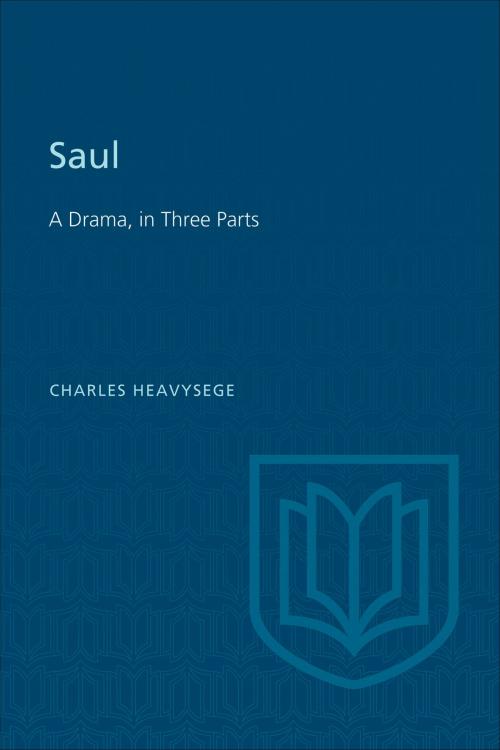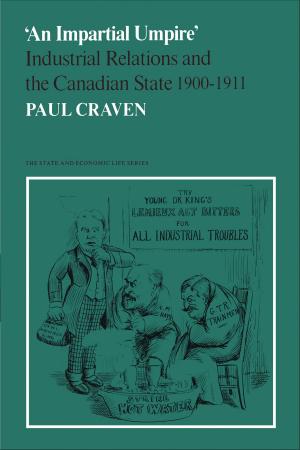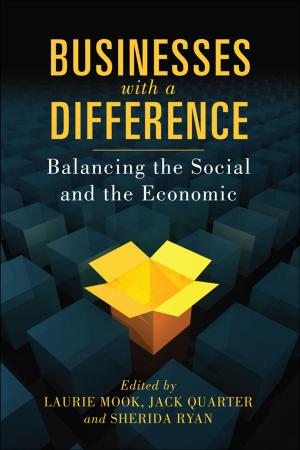Saul
A Drama, in Three Parts (Second Edition)
Fiction & Literature, Literary Theory & Criticism, Canadian| Author: | Charles Heavysege | ISBN: | 9781487589943 |
| Publisher: | University of Toronto Press, Scholarly Publishing Division | Publication: | December 15, 1973 |
| Imprint: | Language: | English |
| Author: | Charles Heavysege |
| ISBN: | 9781487589943 |
| Publisher: | University of Toronto Press, Scholarly Publishing Division |
| Publication: | December 15, 1973 |
| Imprint: | |
| Language: | English |
Charles Heavysege's chief and best-known work, the long-verse drama and tragedy Saul, was published in Montreal in 1857. Coventry Patmore, reviewing Saul in the North British Review, ranked it as the greatest English poem published outside Great Britain. Hawthorne, Emerson, and Longfellow were all enthusiastic in their praise, and the play went into three editions.
Saul is a drama of 135 scenes containing the remarkable character of the fallen angel Malzah, who has been compared by critics to Shakespeare’s Caliban. Itis a powerful presentation of the tormented soul caught in a world of order and universal degree. Its main interest is to be found in the psychological frankness - Saul's recognition of his demon resonates with the deeper implication of the recognition of the döppelgänger - and in passages of sinewy verse written with a directness that anticipates E.J. Pratt.
Charles Heavysege's chief and best-known work, the long-verse drama and tragedy Saul, was published in Montreal in 1857. Coventry Patmore, reviewing Saul in the North British Review, ranked it as the greatest English poem published outside Great Britain. Hawthorne, Emerson, and Longfellow were all enthusiastic in their praise, and the play went into three editions.
Saul is a drama of 135 scenes containing the remarkable character of the fallen angel Malzah, who has been compared by critics to Shakespeare’s Caliban. Itis a powerful presentation of the tormented soul caught in a world of order and universal degree. Its main interest is to be found in the psychological frankness - Saul's recognition of his demon resonates with the deeper implication of the recognition of the döppelgänger - and in passages of sinewy verse written with a directness that anticipates E.J. Pratt.















